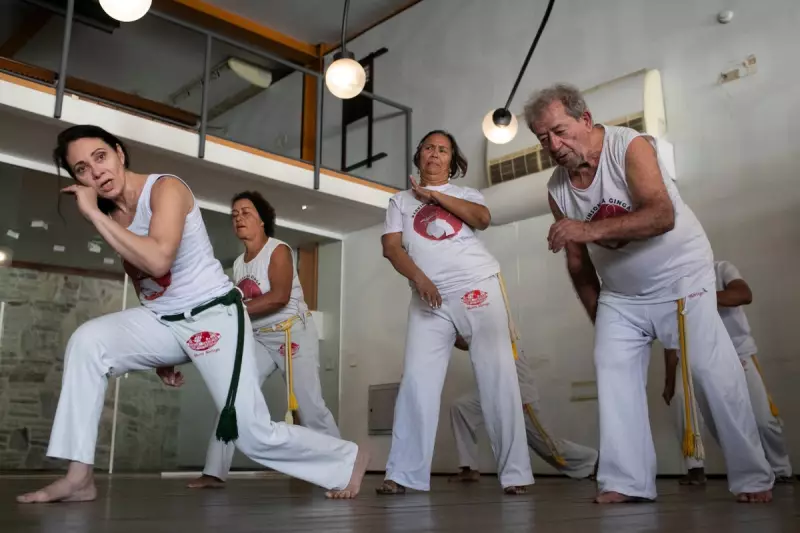
In an inspiring development for Parkinson's disease treatment, patients in Rio de Janeiro are participating in groundbreaking therapy sessions set against the breathtaking backdrop of a UNESCO-listed park. This unique approach combines physical rehabilitation with the restorative power of nature, offering new hope to those battling the condition.
A Natural Approach to Healing
The sessions take place in Parque Lage, a stunning public park nestled at the foot of Corcovado Mountain, home to the iconic Christ the Redeemer statue. The park's lush greenery and tranquil atmosphere provide an ideal setting for patients to engage in exercises designed to improve mobility, balance, and overall well-being.
Remarkable Results
Participants have reported significant improvements in their symptoms, including reduced tremors and enhanced coordination. Medical professionals overseeing the programme attribute these benefits to the combination of targeted physical therapy and the calming effects of the natural environment.
UNESCO Recognition Adds Prestige
The park's status as part of Rio de Janeiro's UNESCO World Heritage site lends additional significance to the initiative. This recognition highlights the importance of preserving such spaces not just for their cultural value, but for their potential contributions to public health and wellbeing.
The Science Behind the Success
Research increasingly supports the connection between natural environments and improved health outcomes. For Parkinson's patients specifically, the combination of:
- Structured physical therapy
- Exposure to nature
- Social interaction with fellow participants
appears to create a powerful therapeutic effect that surpasses traditional clinic-based treatments alone.
A Model for Future Treatment
This innovative programme in Rio may serve as a model for similar initiatives worldwide, demonstrating how urban green spaces can be leveraged for public health benefits. As Parkinson's disease continues to affect millions globally, such creative approaches to treatment and rehabilitation offer promising avenues for improving patients' quality of life.





